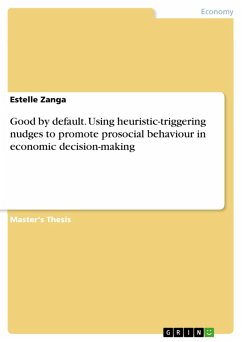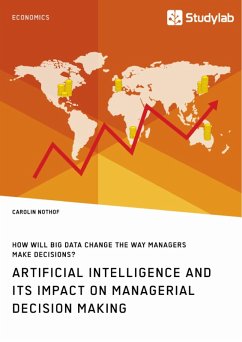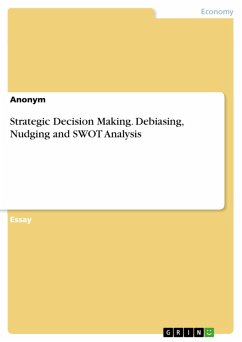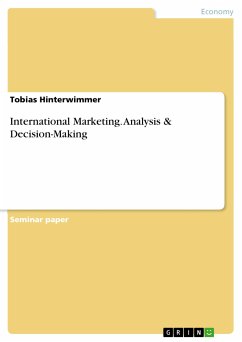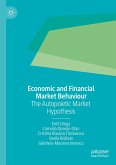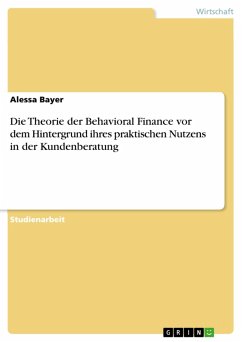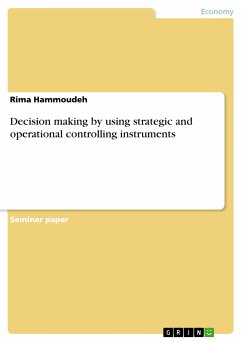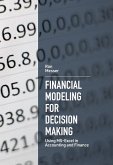Master's Thesis from the year 2017 in the subject Business economics - General, grade: 1.3, Leipzig Graduate School of Management, language: English, abstract: Humans are generally perceived as intuitively selfish, particularly in their economic decision-making. Under the Dual-Process Framework (DPF), this view entails that prosocial behaviour requires reflective control over those natural inclinations towards self-interest. However, new lines of research explore the heuristic basis of prosocial actions and their potential use for policy-making. The goal of this thesis is to enquire into intuitive mechanisms which foster prosocial behaviour in economic decision-making and how to use them to promote altruism and cooperation through heuristic-triggering ("pure") nudges. We found that while in some contexts prosocial choices can be economically rational, heuristic mechanisms also drive them and for some individuals, they do so to a higher extend than deliberative processes. Our literature review identified three main classes of heuristics that significantly drive prosocial behaviour: kin recognition, social and affect heuristics. Based on Intuitive Design principles, we developed a toolkit for heuristic-triggering nudges enabling choice architects to structure and describe choice options, as well as to address implementation issues, with the goal to make prosocial actions the most attractive alternative. One interesting highlight of our analysis is the differentiation of three master frames for evaluating prosocial nudges: increase in prosocial actions, ex-post satisfaction of decision-maker and social welfare outcome. Finally, we derived practical implications of our findings in social and environmental policy interventions.
Dieser Download kann aus rechtlichen Gründen nur mit Rechnungsadresse in A, B, BG, CY, CZ, D, DK, EW, E, FIN, F, GR, HR, H, IRL, I, LT, L, LR, M, NL, PL, P, R, S, SLO, SK ausgeliefert werden.
Hinweis: Dieser Artikel kann nur an eine deutsche Lieferadresse ausgeliefert werden.

